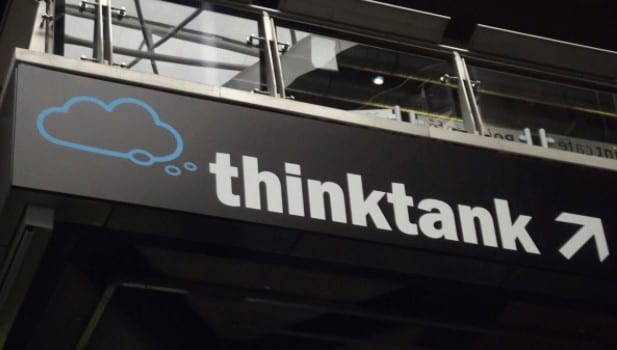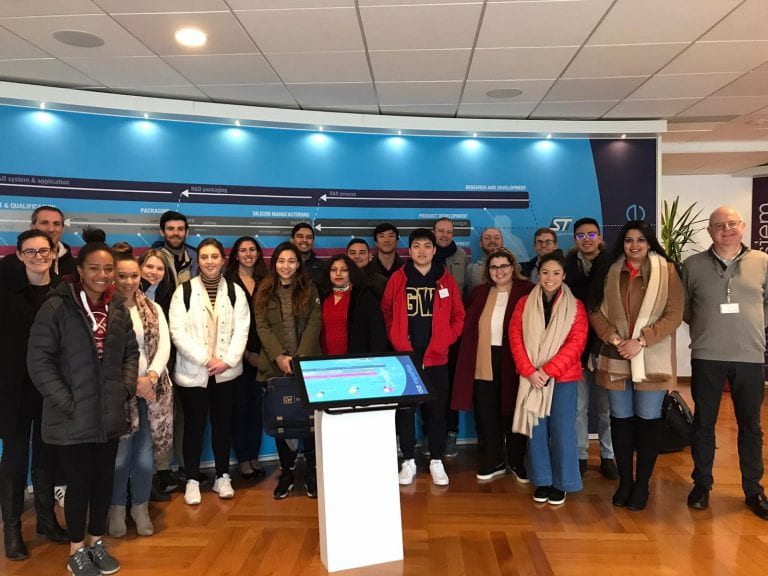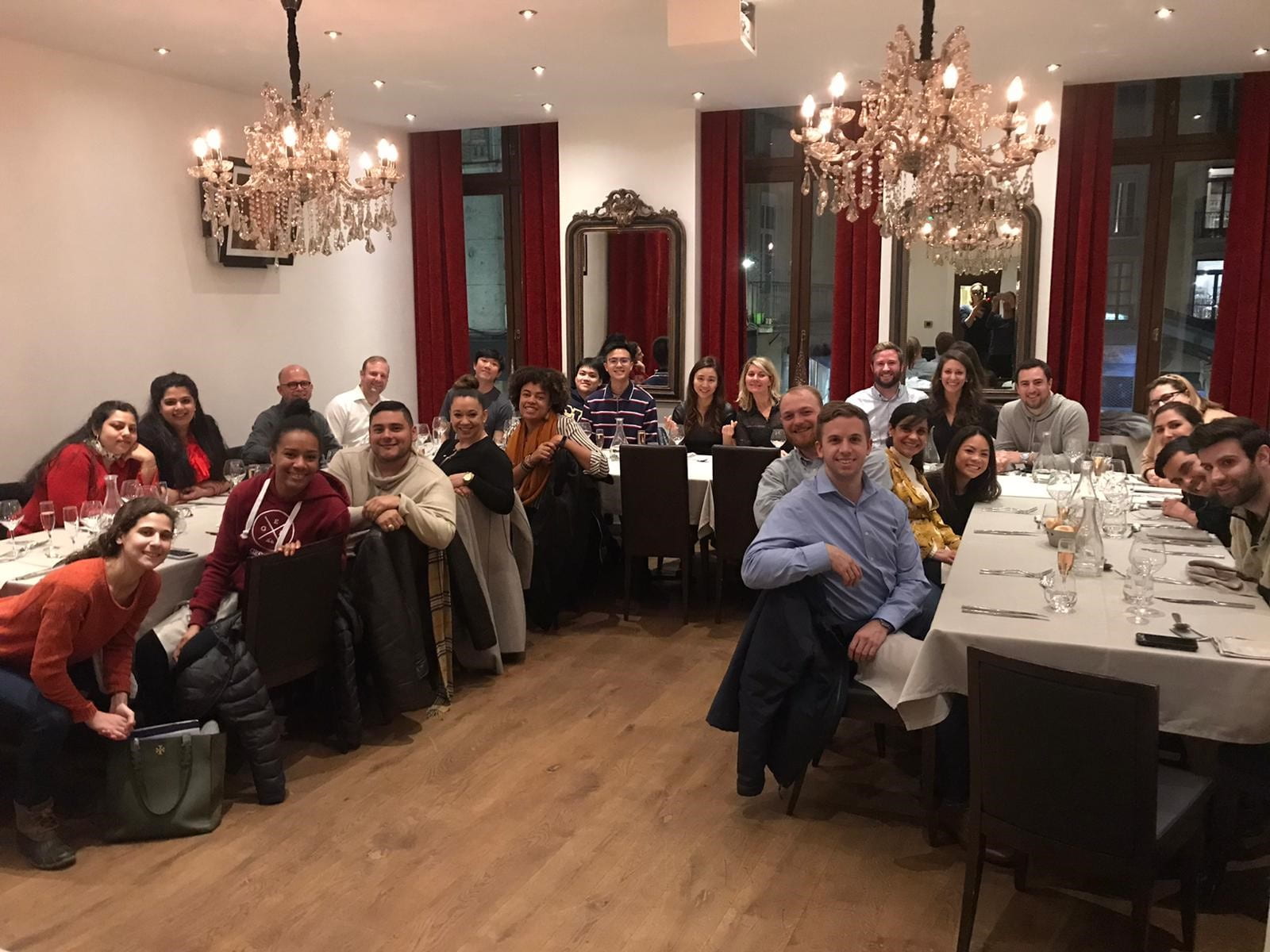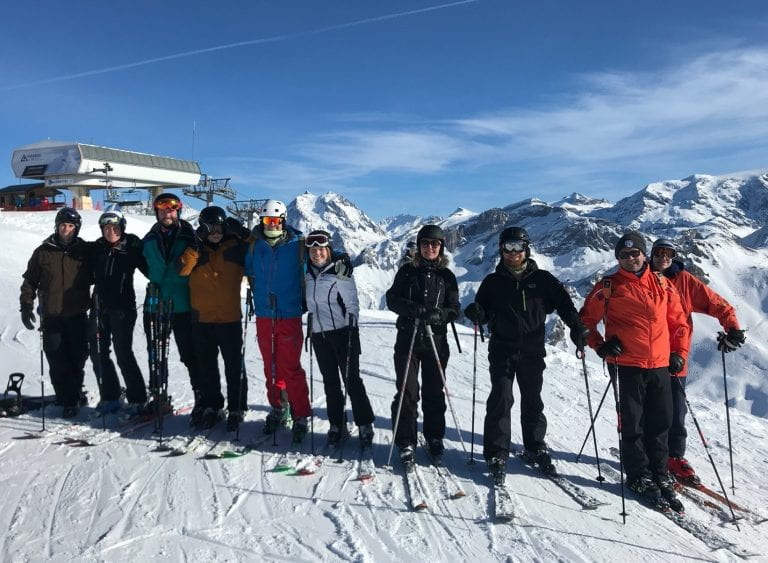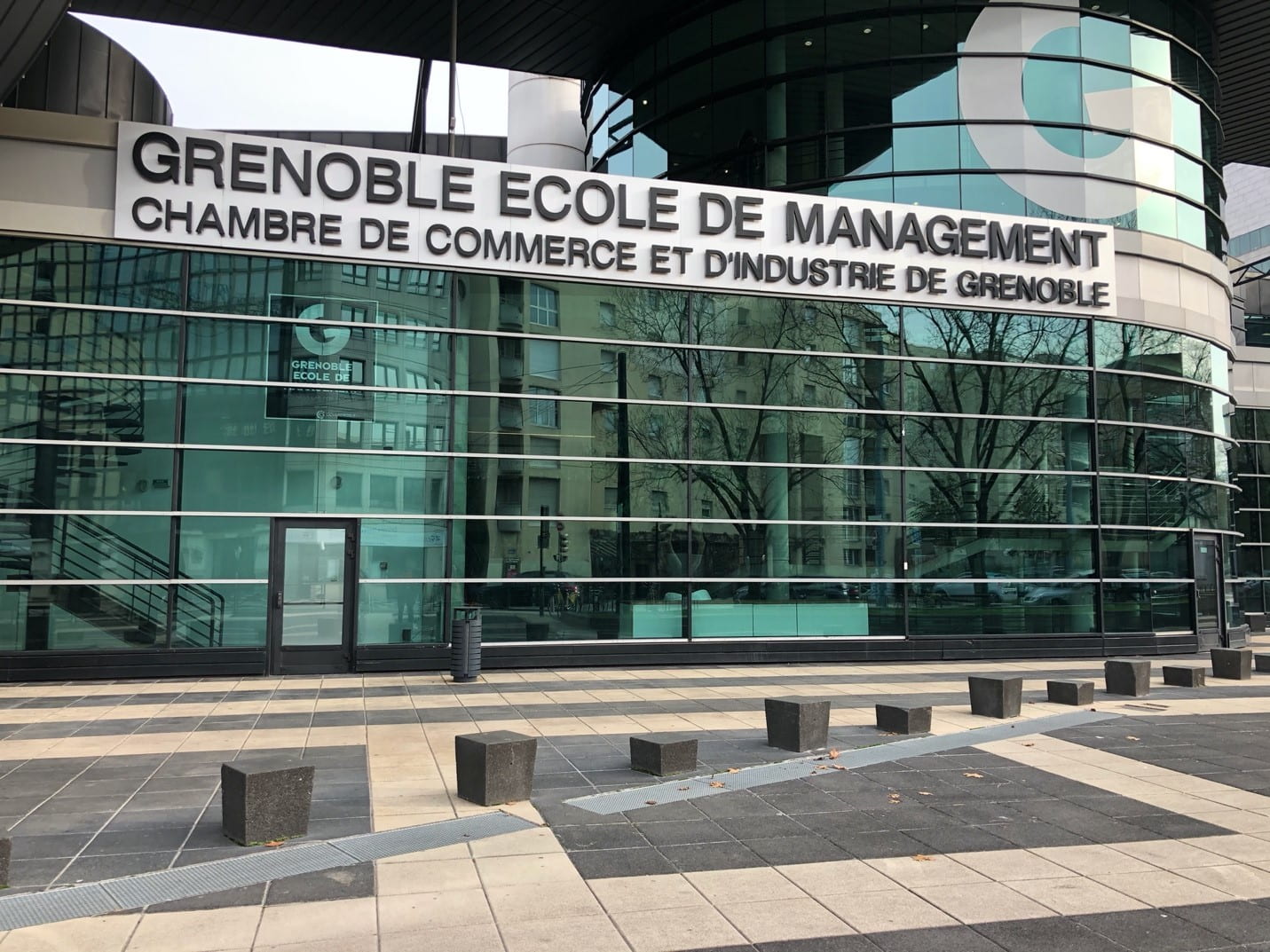The Business & Society course Think Tanks & Business Organizationstaught by Professor Abdullah Akyuz took place March 18-21. Due to the university shifting to distance learning in response to COVID-19, this course adapted to an online format just days before its start with the support of Student Administrative Assistant Fatoumata Zahara Savane.
Below is Fatoumata’s reflection on her experience.
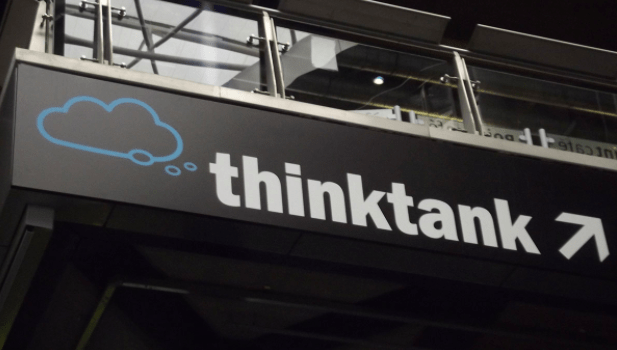
The course is structured to provide students with a comprehensive understanding of business engagement in policy making bodies through business organizations and think-tanks as shapers of public opinion, focusing on the U.S domestic context while also exploring global perspectives in foreign policy creation. This class helps students understand the complexity of the environments and social context executives operate in and evaluate the changing roles of business in a globalized economy.
The involvement of distinguished guest-speakers is what makes the class so impactful. Indeed, students had the chance to virtually engage with the Foreign Policy Program Chief of Staff at the Brookings Institution, Managing Director of International Government Affairs at Citi, and a former attorney adviser to a Commissioner at the U.S. International Trade Commission who now serves as Vice President of Education Programs at the Committee for Economic Development. These guest speakers created a good balance in the course and gave unique perspectives into how businesses engage with think-tanks.
After the university moved all classes online due to concerns about COVID-19, I worked closely with G&EE program staff and professor Akyuz to ensure the course still ran. I was impressed by the efforts made to switch everything online a week before the start of the course. I personally received a lot of support from G&EE as they made sure we had all the technical assistance and resources necessary to give students a great experience and achieve their learning objectives.
Last but not least, it was an honor to work with Professor Abdullah Akyuz. He is very knowledgeable and his extensive professional experience in this field helped students to better understand the content of the course. I highly recommend this course as it gives a unique experience to anyone interested in understanding the large field in which businesses operate by offering close contact with major organizations and associations.

Fatoumata Zahara Savane is a ‘20 MA Applied Economics Candidate at The George Washington University Columbian College of Arts and Sciences.
To read more Business & Society Series reflections on our blog, click here.
To learn more about the Business & Society Series, click here.

